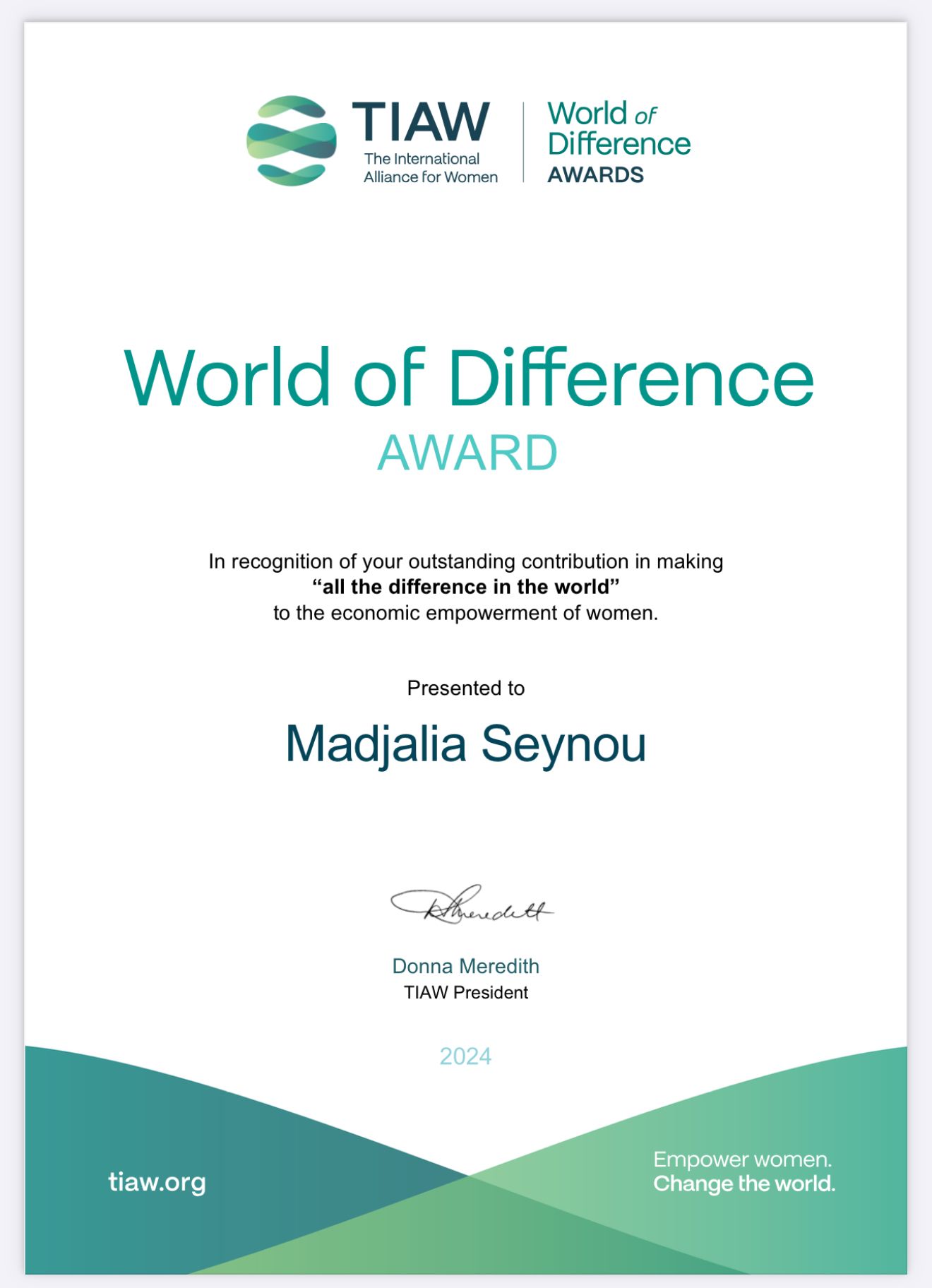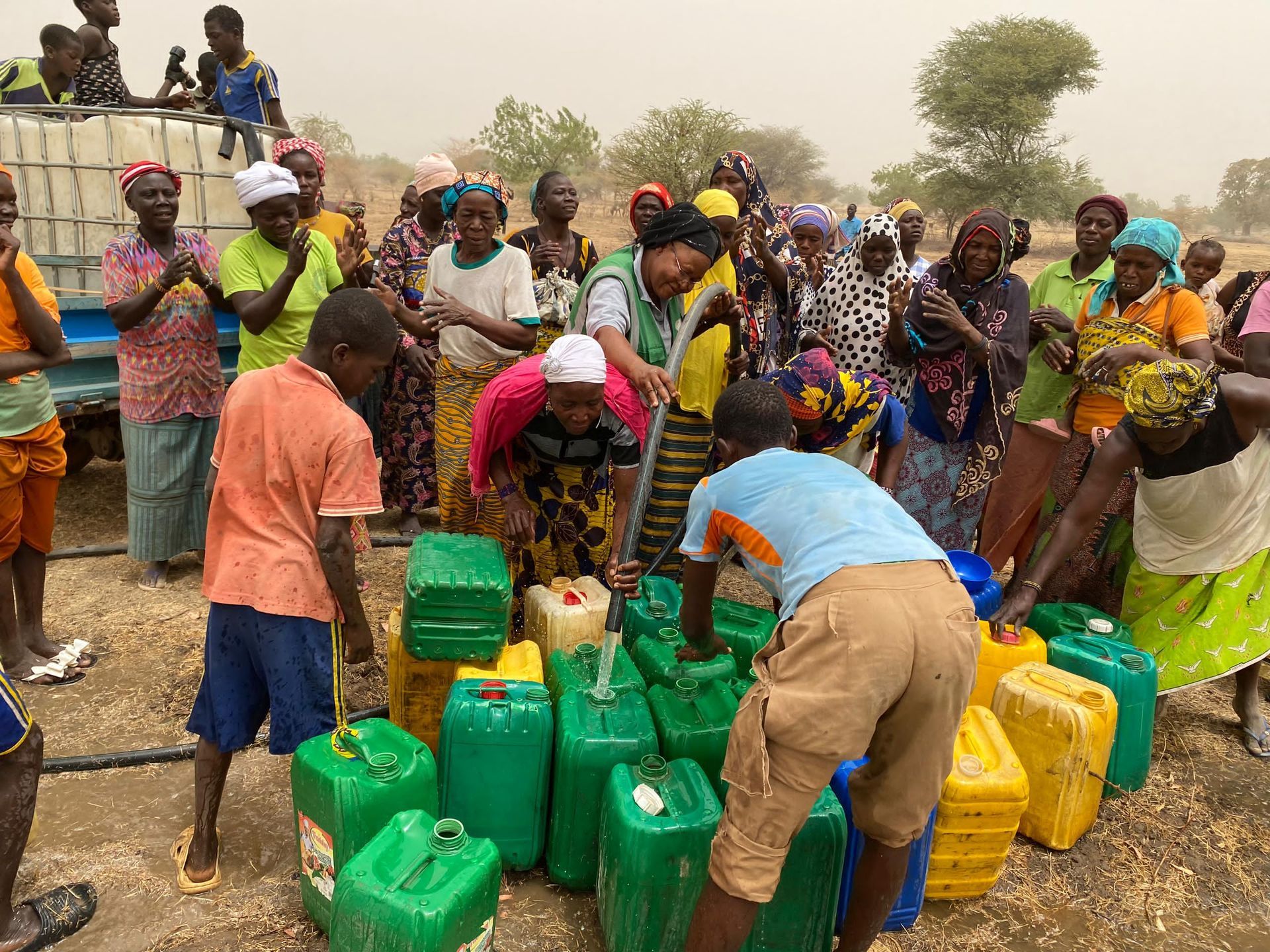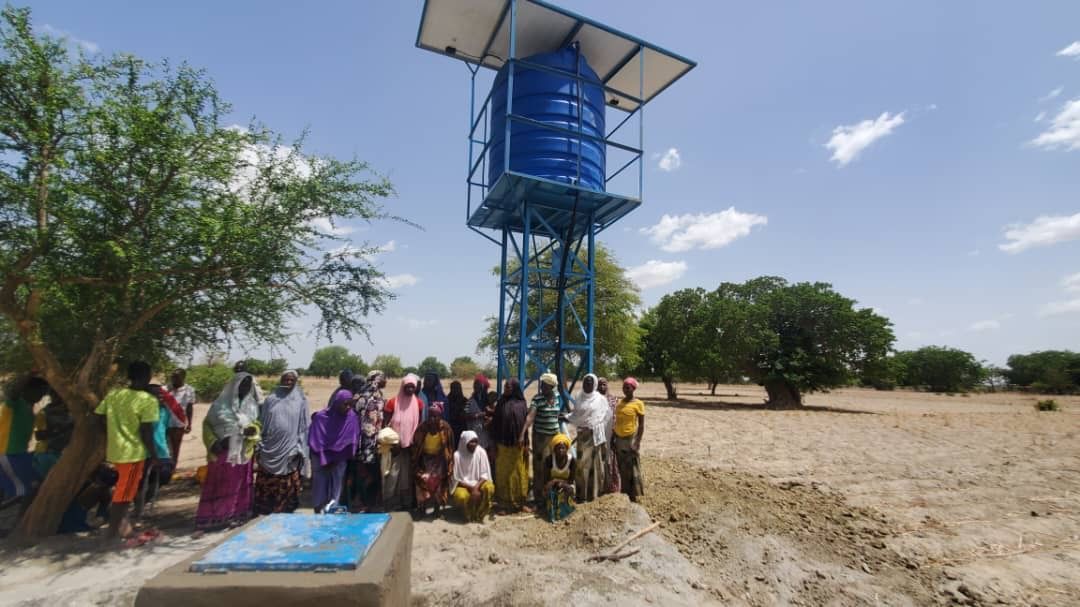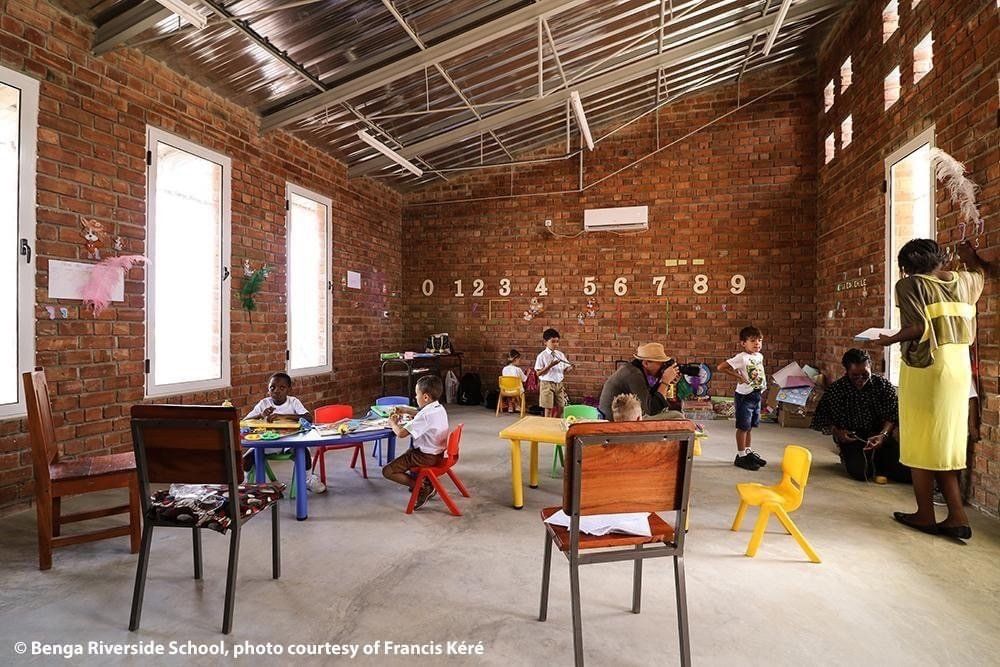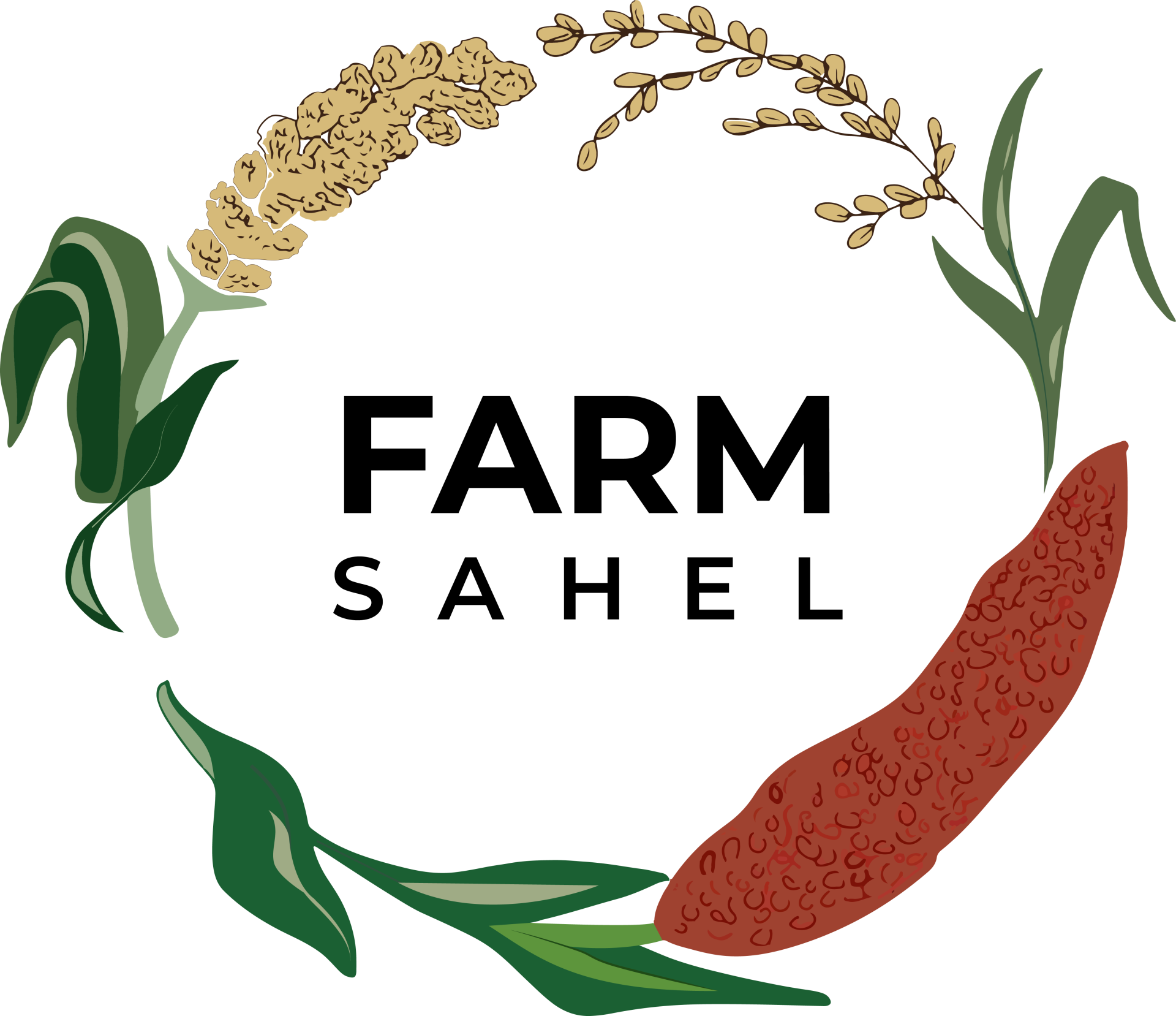The Importance of Farmer Training
A large focus of FarmSahel’s efforts throughout the Sahel region involves equipping women farmers with the proper training on all aspects of farming. Proper agricultural training is lacking throughout this region, with only around 1 on 4 African farming households having received agriculture training. Even within those households, only 20% were female headed, showing the need for agricultural training, especially for women. In this post, we will be discussing why these trainings, and the training of women farmers in general, is so important to increase food sovereignty and output throughout the Sahel and Africa as a whole.
Firstly, it is important to understand the food and farming situation in rural Sub-Saharan Africa. This agricultural landscape is characterized by a high number of people engaged in agriculture, but a low output. Most estimates say that as many as 80% of the rural population, while around 20% of the overall population is food insecure. Obviously, there is a divide, where farmers are not able to produce enough food to feed themselves and their families.
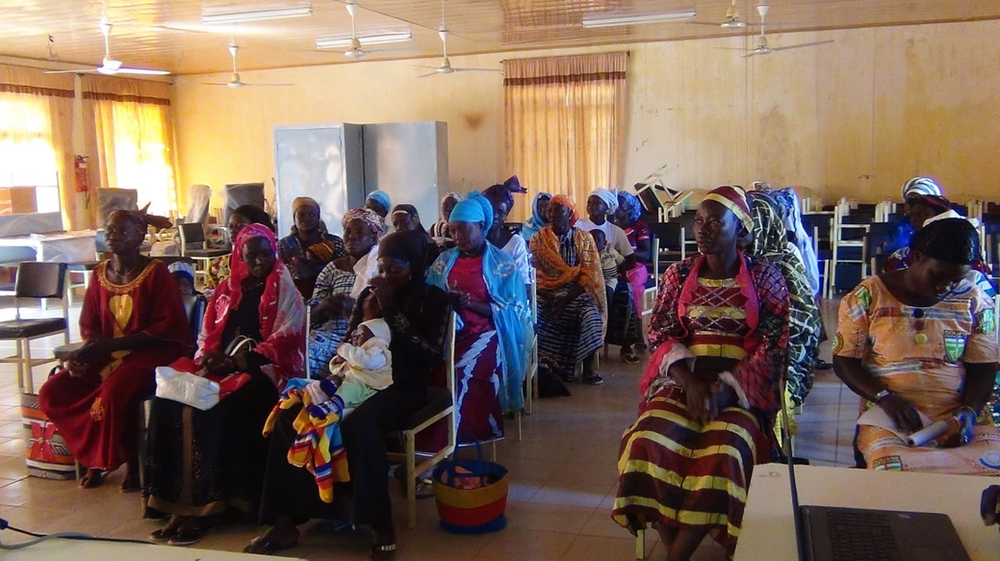
In general, trainings, like the ones that FarmSahel provides, teach important skills to farmers. They teach farmers how to properly utilize the new technology, and instruct women on the business aspect of farming, allowing them to profit from their wages. All aspects of such training allow farmers to, not only be more productive in terms of agriculture, but also how to properly leverage their crops once grown. Trainings helps to make up the gap that exists between the amount of labor put in and the output of most farming in the Sub-Saharan region.
Many studies have shown that farmers can be effective at running such trainings and workshops. It is important to have farmers involved in the teaching and building of such programs, as they are the ones with the most knowledge about what it is actually like to work the land. Additionally, these farmers can help specialize training programs to specific regions, maximizing effectiveness. Programs that work for certain regions, even in the same country, might not work in others, due to differences in crops, soil and conditions. Many times, these programs and training are taught either by volunteers within the country or by fellow farmers, who are trained at facilitating them.
Farmer to farmer trainings were shown to work in Uganda, in 2017. In this project, the goal was to increase the production of dairy farmers throughout Uganda only using farmer-to-farmer training. Staff from the The East Africa Dairy Development Project were able to train numerous farmers on how to effectively utilize new milking technology, along with best practices for dairy farming. These trained farmers were then sent back to their villages, with the new technology to assist with teaching and implementation. The study found that these teaching farmers were able to accomplish the project's goal of increasing milk production throughout the region. Milk production in villages with trained farmers increased more than milk production of those without. Overall, the study concluded that farmers can be incredibly effective as teachers for other farmers.
The evidence from this study shows that trainings, including ones conducted by fellow farmers, can help increase agricultural productivity. Trainings, such as the one above, are the bedrock of many other pushes to increase agricultural productivity within the region. Farmers cannot be expected to know how to properly utilize new technologies without training, and thus, any technologies implemented without proper farmer training could very well be rendered useless.
The impact of Farmer-to-Farmer training on agricultural productivity in Uganda: The Abdul LATIF Jameel Poverty Action Lab. (n.d.). Retrieved April 07, 2021, from https://www.povertyactionlab.org/evaluation/impact-farmer-farmer-training-agricultural-productivity-uganda
Farmer education & Agricultural Extension. (n.d.). Retrieved April 07, 2021, from http://12.000.scripts.mit.edu/mission2014/solutions/farmer-education-agricultural-extension
